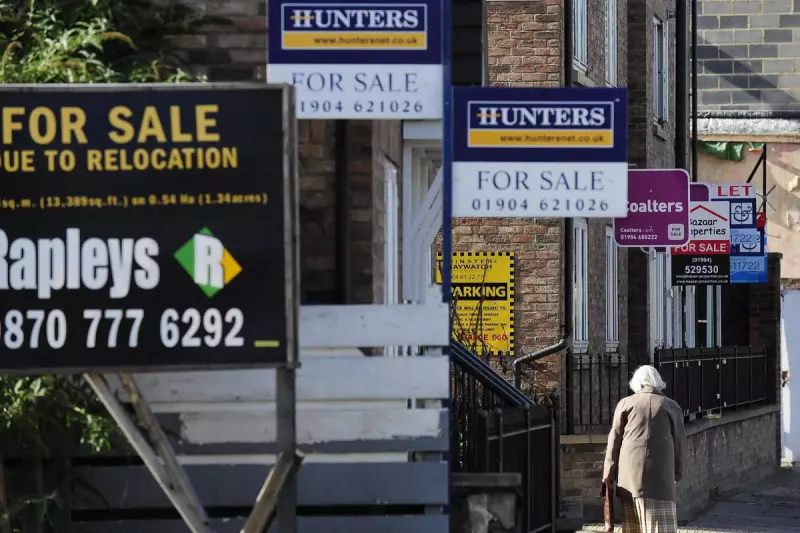
In a significant policy reversal that has sent ripples through the UK's political and property landscapes, Shadow Chancellor Rachel Reeves has officially abandoned Labour's cornerstone pledge to reinstate a stamp duty surcharge on overseas property buyers.
The controversial levy, initially introduced by former Chancellor Rishi Sunak, was scrapped by Jeremy Hunt in the Autumn Statement of 2022. Labour had been vehemently critical of this decision, positioning the surcharge's reintroduction as a key component of their housing and economic strategy.
The Rationale Behind the Reversal
Reeves defended the unexpected U-turn, stating a thorough review of the policy revealed it would be practically unworkable and could inadvertently deter the international investment the UK desperately needs. This marks a major shift in tone from the party's previous stance, which framed the surcharge as a simple matter of fairness for first-time British buyers competing in a crowded market.
"When circumstances change, you have to change your policy," Reeves asserted, signalling a pragmatic, data-driven approach to economic policymaking that aligns more closely with traditional Treasury orthodoxy.
Industry Reaction and Political Fallout
The decision has been met with a mixed response. Property industry leaders have largely welcomed the move, warning that the previous surcharge risked stifling vital foreign capital flowing into new housing developments. Critics, however, have accused Labour of a major betrayal, suggesting the party is rowing back on its promises to prioritise domestic homebuyers.
This U-turn represents one of Reeves' most definitive breaks from the Corbyn-era economic agenda, as she seeks to position a potential Labour government as a stable and pro-business administration. The move is seen as a deliberate effort to reassure global markets and voters alike of the party's fiscal responsibility.
The abandonment of this policy raises immediate questions about how a future Labour government would fund its ambitious house-building programmes, for which the stamp duty surcharge was a designated funding stream.





